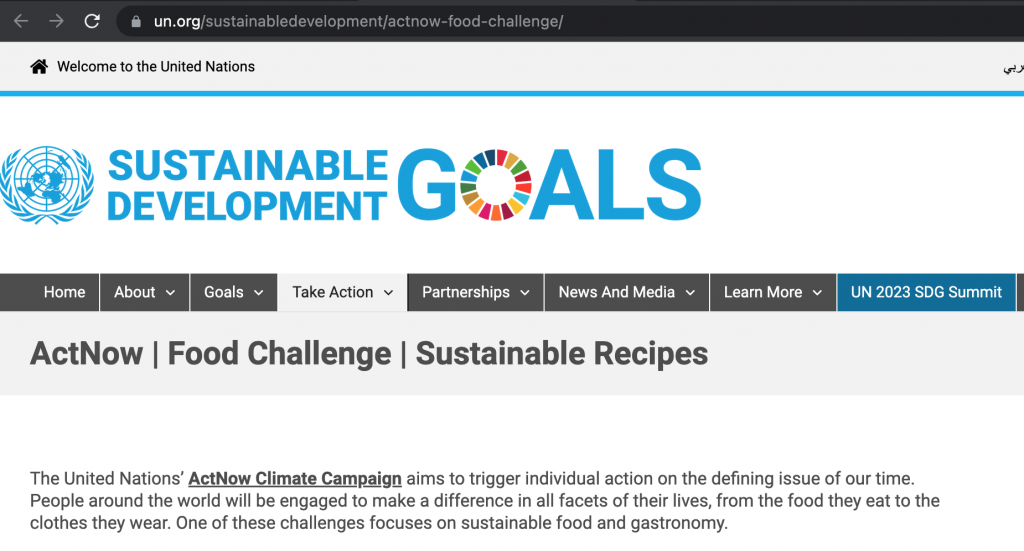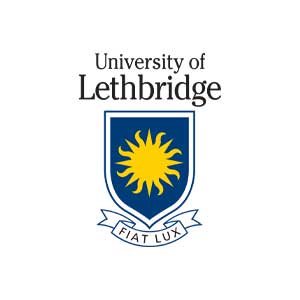Participants uploading
Because of possible allergies of readers, make sure to be careful and include all the ingredients in their recipe. Recipes will be reviewed once a month and authors will be contacted by the contact information provided with the submission if any clarifications are required.
Not all recipes submitted may be included in the recipes made available on the website (but will be included in the research).
Note that if you choose to withdraw your data, any identifiable survey data and recipes will be deleted. Requests for data to be withdrawn after August 2024 will not be considered.
Participants downloading
For those downloading approved recipes, some of these recipes were submitted through my research project. While the recipes provided have been reviewed, it is possible that there might be errors or omissions for the ingredients mentioned, so regarding possible food allergies, you should use at your own risk.
This WordPress website https://oac.uvic.ca/sustainabilityfood collects data that will be used for research, consent is noted as Implied by Overt Action.
Please be informed as participants that any data collected will be used for research purposes. The research is highlighted in the Case Study- Pea Protein
Participants can withdraw their data (their recipe or comment to another) at any time by deleting the comment or contacting the web host stephanie@uvic.ca to remove the recipe from the listing.
Other options for viewing sustainable recipes include the United Nations website Act Now: https://www.un.org/sustainabledevelopment/actnow-food-challenge/
Try a sustainable recipe
Have a look at these recipes by leading chefs who are cooking up dishes that are not only delicious but also good for you and the planet.
https://www.un.org/en/climatechange/science/climate-issues/food

https://www.un.org/sustainabledevelopment/actnow-food-challenge/

Appendix A – Informed Consent
This consent form, a copy of which has been given to you, is only part of the process of informed consent. Please take the time to read this carefully in order to understand any accompanying information. If you would like more details about this project or anything not mentioned here, please feel free to ask by contacting the researchers or university.
| Appendix A Invitation to Participate: You are invited to participate in this research study about consumption during climate action. In the first year of the study, 2023, this research focuses on one of the seven psychological barriers to climate action: limited cognition. Purpose of the Study: The purpose of this research is to develop a system of decision making for sustainable food that explains various stakeholders perceptions throughout the lifecycle process (processing, production, distribution, use, end of life). A Brunswik lens model is used for probabilistic functionalism of the sustainable food decision making system and provides a rating as an output. The research is theoretically positioned with references to reports from key stakeholders such as the Food and Agriculture Organization (FAO), United Nations Educational Scientific and Cultural Organization (UNESCO) and others. The hypothesis is that the lens model is complete and operationally defines sustainable food practices through the identification of seven cues. The cues identified in the lens model include: a) emissions caused directly by raising animals and livestock (global antropogenic, enteric fermentation and manure) b) production location (cost of transport for distribution) c) technologies required to use food product/recipe (oven, water, refrigerator) d) packaging (is it biodegradable, can it be recycled, reused, edible) e) waste (ability to change serving size, percentage of food product used f) capacity (qualified agricultural expertise, innovative engineering) g) institutional priorities and constraints (square footage, risk, liability, cost, ownership, business contracts, partnerships) h) import/export (is it a cash crop for Canadian farmers, or a backyard business) In order to objectively measure and compare cues of the lens model, data was collected from Statistics Canada and other sources. This collected data is used to differentiate between food products listed on the website and to help readers understand how to apply the lens model and increase cognition. Various innovative programs, including e-Agriculture and volunteer opportunities allow readers to choose the depth of their participation with the website and with climate action related to sustainable food choices. Previous work completed by Default Veg Initiative, World Research Initiative, Climate Friendly Food labels and others have informed this work, specifically greenhouse gas (GHG) emissions and cool food calculator and protein scorecard. These previous reports and studies will continue to be referenced in this research as each is applied to the lens model. Food Services at each of the two campuses provided the initial data related to sustainable food practices and goals. Cultural information related to both locations have been used on each campus website to help increase cognition for students of differences and similarities between the two different campuses. Two university campuses have been identified, University of Victoria, BC and University of Lethbridge, AB through their previous participation with consumption of beef burgers on campus purchased through Food Services. Recent initiatives such as United Nations Act Now campaign, University of Victoria’s new B.Sc in Climate Change and Graduate Programs, and Pan-Canadian Smart Farm Network helped to both inform and provide additional optimized messaging about Climate Action and dietary change. The timing of the research to begin in 2023 and observe as each campus races to achieve net zero by 2030 suggests a time period of seven years. Finally, seven psychological barriers have been identified by Dr. Robert Gifford, environmental psychologist at University of Victoria as related to climate inaction. The seven psychological barriers identified by Dr. Robert Gifford include: § limited cognition about the problem § ideological worldviews that tend to preclude pro-environmental attitudes and behavior § comparisons with key other people § sunk costs and behavioral momentum § discredence toward experts and authorities § perceived risks of change § positive but inadequate behavior change The use of a website to deliver information about climate action, dietary change and sustainable food innovations is suggested as one method to increase readers cognition. Participation: If you wish to participate in this study, please feel free to immerse yourself in the content of the website and to interact through uploading recipes, downloading materials, viewing e-Agricultural videos or leaving inspirational messages to others in the community that have contributed. Benefits: The immediate benefits for participants is the measurement rating for the sustainable food product and a sense of community from participating in Climate Action and the reduction of greenhouse gas (GHG) emissions. It is not guaranteed to those participating, that they receive direct benefits from participating (although participants could benefit from the study findings or the individuals seeing other recipes, or seeing their recipe posted for others to use. and rating food products (i.e. food index) based on sustainability practices that can be modelled for University students, staff and community. Risks: There is a possible risk for the loss of privacy when contributing to a community website with personal/family/well known recipes, or if the participants want to leave a comment on the website or have their name shown with their contribution for recipe. Participants who chose to contribute to a website have a choice to conceal their identity and are not face to face. Confidentiality and Anonymity: Participants who chose to contribute to a website have a choice to conceal their identity and are not face to face. The website data is considered part of researcher’s data. For each website, the data will be stored on the university server for the university location is. The researcher will “own” that data and follow the ethical guidelines for storage and deleted records according to protocol. All website collected data is stored on the university server that collected it. No electronic data that contains participant identifiers for recipes will be stored by the researcher away from the website. No other data will be collected with identifiers. Voluntary Participation: You are under no obligation to participate Should you choose to withdraw midway through the electronic survey. Requests for data to be withdrawn after August 2024 will not be considered. Information about the Study Results: Information related to each case study is presented on the website. Case Study- Pea Protein Burger and Case Study- The Urban Market. There are not any plans to destroy any data. |
| Project Title: Developing a Brunswik Lens model for Sustainable Food Product Selection on Campus Ethics # Pro00131583 Linked Projects: Exploring Consumption During Climate Action Pro00131074 Developing Climate Change Adaptation Scale Pro00124961 |
| Researcher Identity |
| Name of Principal Researcher(s): Dr. Stephanie Ann Sadownik Email of Researcher: stephanie.sadownik@uleth.ca Position and affiliation: Post Doc, University of Lethbridge, Supervisor: Dr. Kenichi Ito Email of Supervisor: kenichi.ito@uleth.ca Concerns or Complaints The plan for this study has been reviewed by a Research Ethics Board at the University of Alberta. If you have any questions regarding your rights as a research participant or how the research is being conducted you may contact the Research Ethics Office at 780-492-2615 (reoffice@ualberta.ca). Please keep this form for your records, a link to a pdf version that can be downloaded is provided here Completion and submission of the survey, recipe or comment means your consent to participate. |
New Recipe Upload- We WANT to hear from YOU!!
PLEASE upload your new sustainable food recipe submission here for consideration to be included in the research and on the https://oac.uvic.ca/sustainabilityfood/.
Authors will be contacted by the contact information provided with the submission if any clarifications are required.
Please contact Stephanie Sadownik if you have any questions or concerns.
